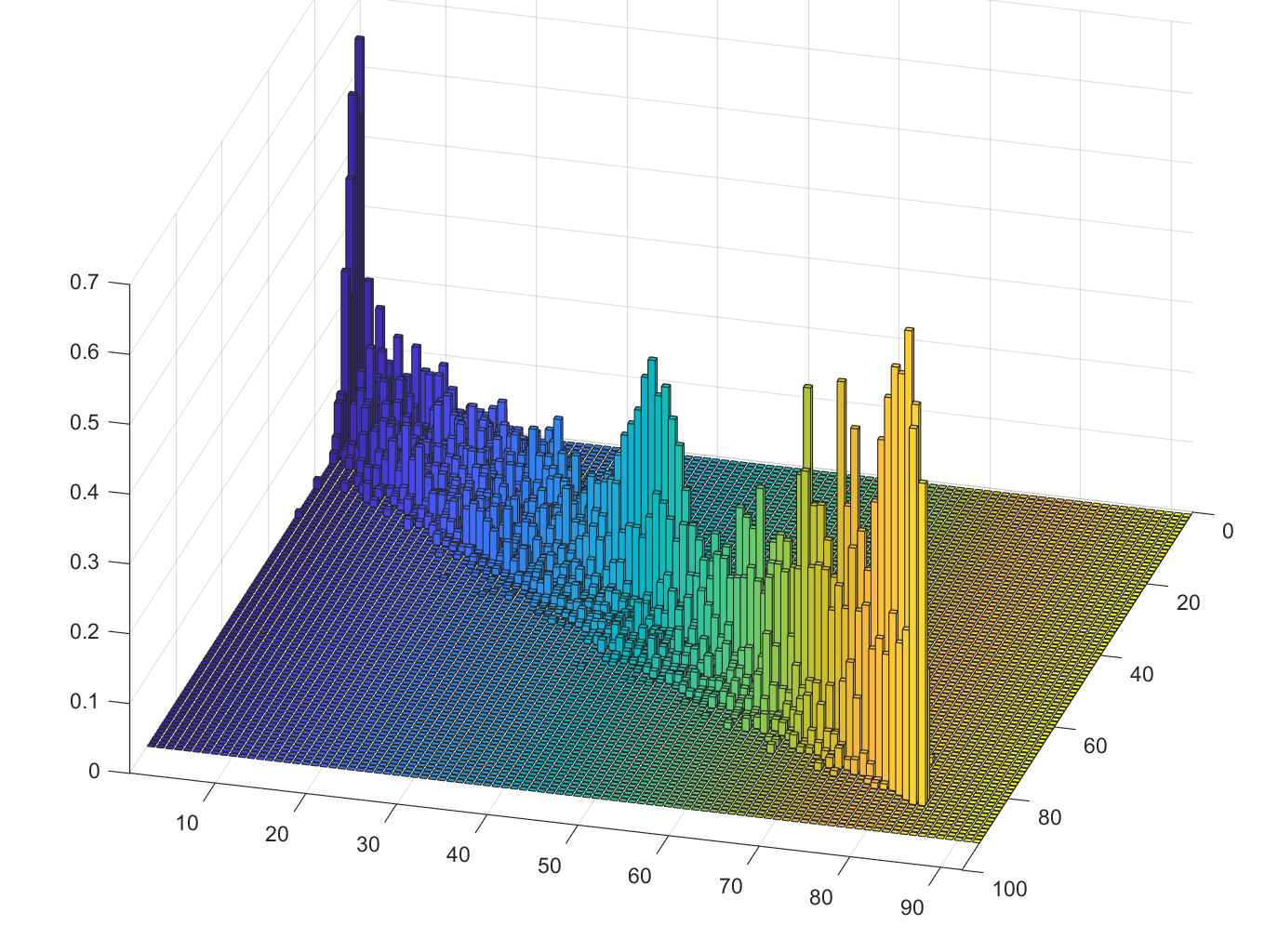Model Predictive Control for Hybrid Electric Vehicles
This project applies optimal control concepts for the energy management system of hybrid electric vehicles. Mathematical modeling allows for the use of different mathematical optimization algorithms to assess the potential of the electrification of a conventional car. The gained insights are used to develop control strategies, which can potentially run on a car in real-time .
Introduction
In Switzerland over 30% of the greenhouse gas emissions are caused by the transportation sector. The increasing awareness for the need of a decreased CO2 production and overall more sustainable cars are highlighted by the ever more stringent emissions legislation. Hybrid electric vehicles are a promising approach for the ecoconscious transportation of tomorrow.
A hybrid electric vehicle provides a car with an additional electric energy source. The control of the power allocation to or from the electric motor or the combustion engine is called energy management system and requires advanced control concepts.
The access to GPS-based data provides the car's onboard system with predictive information on the upcoming drive mission. Such data can be utilized in control concepts that are based on model predictive control. Whereas model predictive control is arguably among the most powerful control concepts, it also poses many challenges on the development of the control architecture.
Goals
- The energy managament controller is part of a highly dynamic physical system. Therefore it puts high requirements for the computational efficiency of the model predictive controller. To ensure low computation times the theory of convex optimization is used.

- The use of predictive data in the model predictive controller is a promising approach, but also predisposes the control algorithm to disturbances caused by mispredictions. Robustifying methods are necessery to ensure a satisfying controller performance in the case of wrong predictions. For instance Markov Chains and/or Neural Networks can help to achieve such goals.

- The inherent nature of hybrid electric vehicles introduces important control inputs to the energy management that are of discrete mathematical nature. The heart of a model predictive controller is based on solving a mathematical optimization problem and the introduction of discrete optimization variables renders this optimization problem a mixed integer problem. Such problems are notoriously hard to solve and algorithms need to be found to solve them efficiently.
